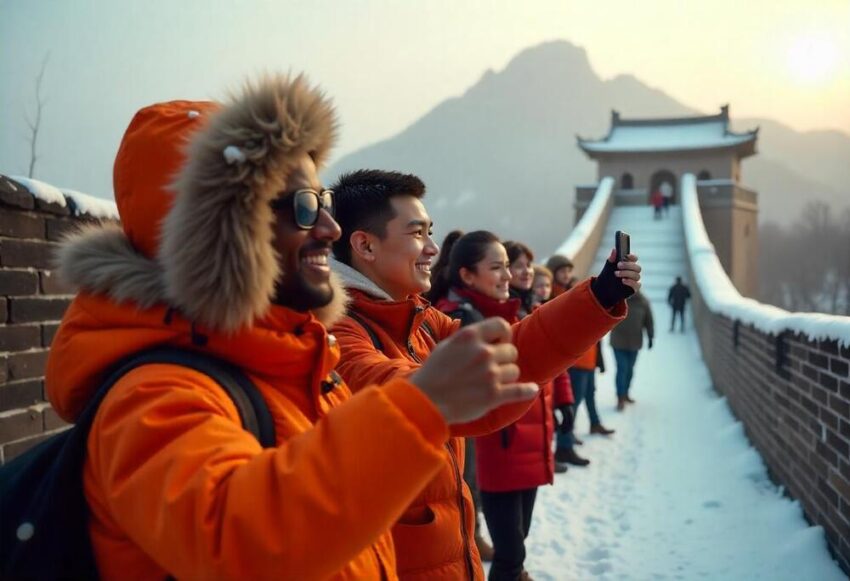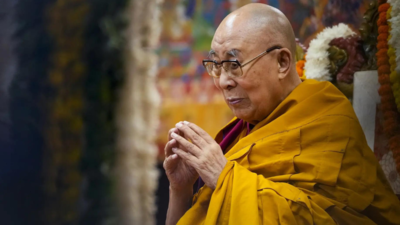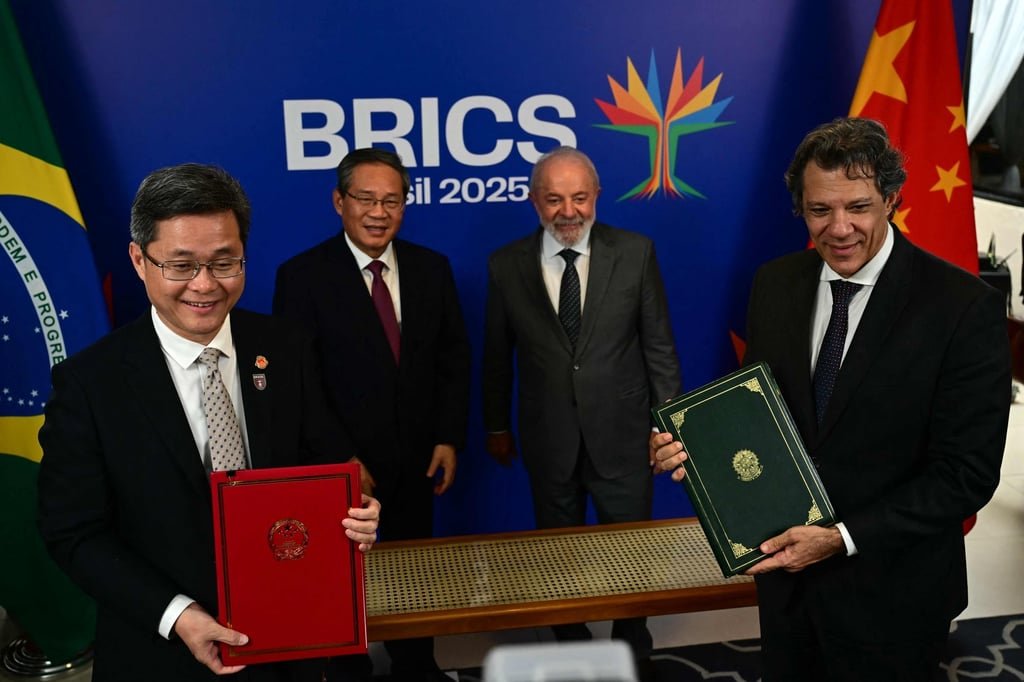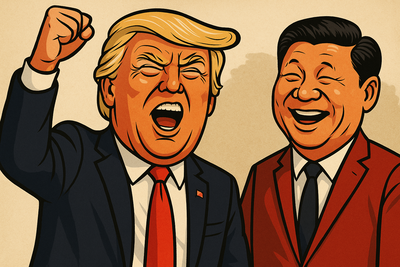Sunday, July 6, 2025

China’s tourism sector is experiencing a remarkable resurgence, driven by a unique combination of technological advancements, rich cultural heritage, and newly relaxed visa rules. With the country’s cutting-edge cities, iconic historical landmarks, and now more accessible travel policies, global travelers are flocking to China in record numbers. Streamlined visa requirements, including visa-free access for citizens from 47 countries and simplified transit visas for others, have made it easier than ever for tourists to explore both ancient wonders and modern marvels. As China continues to open its doors to the world, it is reshaping its tourism landscape and becoming an even more enticing destination for international visitors.
China’s, tourism scene is experiencing a remarkable transformation, driven by a new wave of international visitors eager to explore the country’s blend of ancient landmarks, high-tech cities, and ever-growing cultural influence. From the historic lanes near Beijing’s Forbidden City to the ultra-modern cityscapes of Chongqing, travelers are finding themselves pleasantly surprised by the country’s advancement and unique fusion of past and future.
Global visitors, particularly from social media platforms like TikTok and YouTube, are sharing their awe over China’s vibrant cities. Tourists from around the world have expressed their amazement at how dynamic and different China is from what they had anticipated. With some describing the streets as “impressive and hard to fully take in,” others have commented on the country’s efficient, well-maintained infrastructure, praising the seamless and modern transportation system. For many, China’s development has completely exceeded their expectations.
The increase in international tourism is also largely thanks to China’s strategic shift in visa policies. After strict travel restrictions during the pandemic, China is now welcoming international tourists with more ease. Citizens from 47 countries, including major tourism sources like Germany, Japan, and Australia, can visit without a visa for up to 30 days. Furthermore, citizens from 55 countries, including the United States and Indonesia, can apply for a 10-day transit visa upon arrival, a significant convenience for global travelers.
The impact of these policy changes is already clear. In the first half of 2025, Shanghai saw nearly a 40 percent increase in international visitors, particularly from neighboring Asian countries such as South Korea, Thailand, and Japan. This surge in tourism is a promising sign that China’s efforts to revitalize its tourism industry are working.
Beijing, too, is experiencing a boom in foreign arrivals, with over 840,000 foreigners taking advantage of the new visa policies, a 100 percent increase compared to the same period in 2024. As the numbers rise, it is evident that China is making substantial progress in recovering from the pandemic’s effects on its tourism economy.
Beyond just easing travel restrictions, China is positioning itself as a beacon of technological and cultural advancement. With a focus on modernizing the perception of the country, Chinese authorities are working to reshape its global image. By highlighting advancements in infrastructure, technology, and culture, they hope to attract visitors who may have previously been deterred by negative media portrayals or political tensions. Tourists are increasingly taking to social media to share their experiences, many of which reflect a more positive image of China than what might have been expected.
China’s tourism revival has had a substantial economic impact. In 2024, the country’s tourism generated \$94.2 billion, coming close to pre-pandemic levels. The shift toward promoting the country’s modern achievements is helping to push China’s reputation as a global leader in innovation. One notable example is the rise of electric vehicle makers like BYD, whose international reputation is growing, as well as the increasing popularity of cultural products like Labubu, a designer plush toy that has gained a global following.
In addition to technological innovation, Chinese cities themselves are becoming known for their sleek, modern amenities. Cities such as Shanghai, Shenzhen, and Beijing are being celebrated not only for their rich history and cultural heritage but also for their cutting-edge architecture and digital infrastructure. These cities are increasingly seen as global hubs, attracting travelers who wish to experience both ancient traditions and contemporary progress.
However, China’s growing appeal has not come without its challenges, particularly regarding relations with the United States. Although the U.S. has maintained a travel advisory urging American visitors to “exercise caution,” the negative impact of this advisory has not been enough to curb interest from other regions, particularly Southeast Asia and Europe. Still, as international tourism grows, many countries are recognizing China as a must-visit destination for its historical depth and modern allure.
Alongside its economic and technological appeal, China’s cultural diplomacy is also gaining traction. Through initiatives like the Confucius Institutes, which spread Chinese language and culture globally, the country has made an effort to share its rich cultural history with the world. Despite political criticisms, these programs continue to shape a positive perception of China’s cultural heritage.
As the world’s perceptions of China continue to evolve, so too does the country’s tourism industry. According to the Democracy Perception Index, an increasing number of global citizens now view China more favorably than the United States, largely due to China’s growing reputation for technological and cultural excellence. This shift is being reflected in the number of international tourists visiting China to experience its rich heritage, modern marvels, and technological prowess firsthand.
With the combination of relaxed entry policies, technological innovations, and an evolving cultural image, China is well-positioned to continue driving its tourism success. As travelers discover the diverse experiences China has to offer, it is clear that the country is entering a new chapter of tourism, one marked by growth, progress, and global influence.
«Enjoyed this post? Never miss out on future posts by following us»









